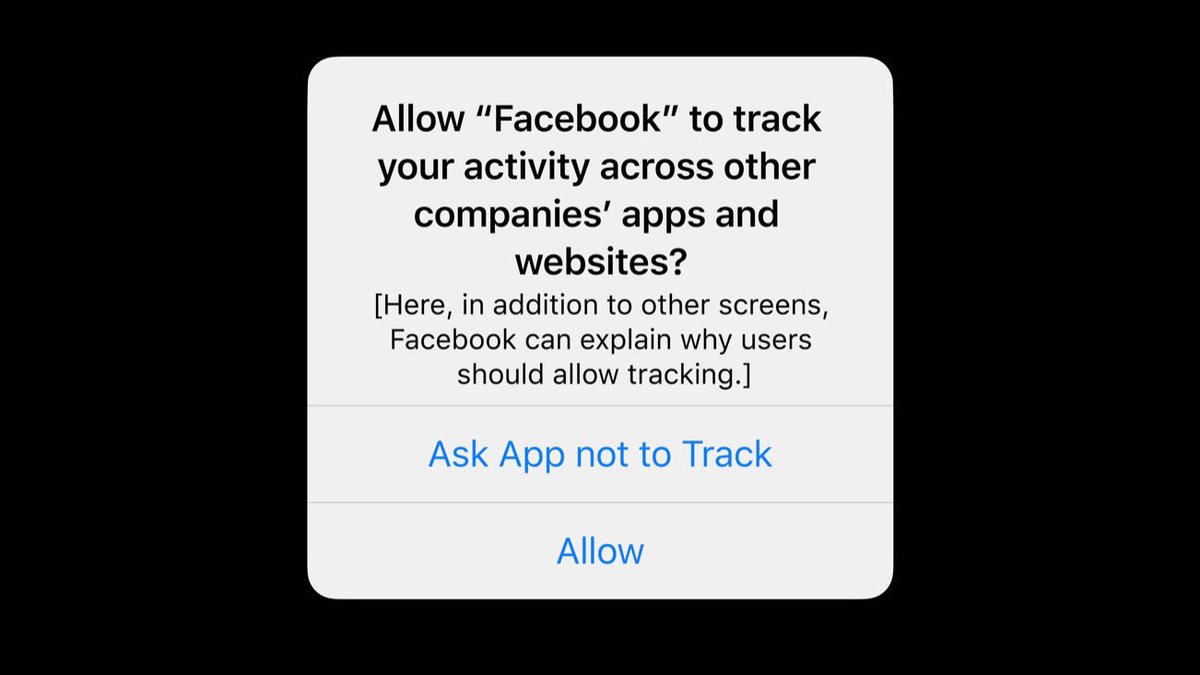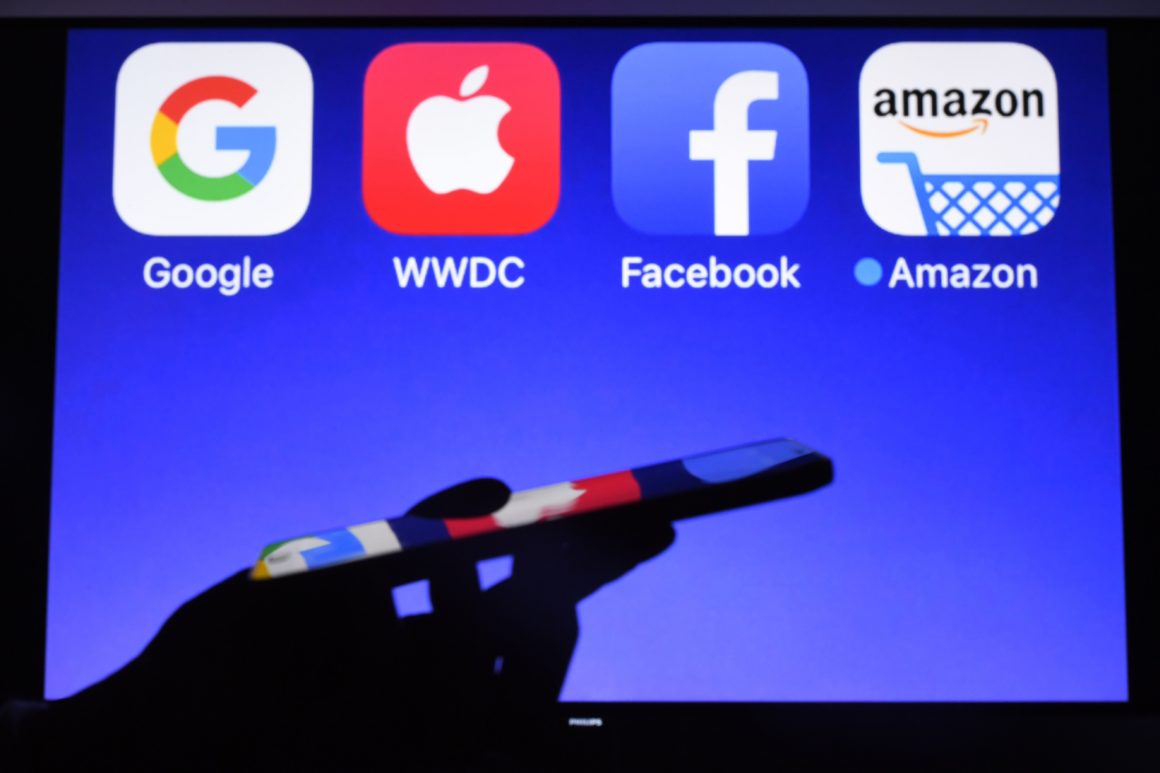As defined by MIT’s Center for Information Systems Research (CISR), a “mono-home” is a digital platform strategy that aims to keep users within its ecosystem (Woerner & Weill, 2025). The most famous company to have built and relied on that method has been Apple. This blog post aims to exhibit the unique case where Epic Games broke Apple’s tightly regulated platform flow breaching outside its ecosystem. Thereby, I will be focusing specifically on Apple’s value loss, the company’s response strategy and which steps it could have taken to prevent the status quo.
Apple’s Unmatched Mono-Home Ecosystem
Through a dense ecosystem and a close product tie, Apple has been able to achieve unmatched customer loyalty and an extraordinary value stream. New research now shows how this effect has been amplified with each additional Apple purchase by the consumer. With a growing product tie come increased transition costs in case users wish to exit Apple’s platforms and increased sunk costs, as previous Apple purchases lose their value (Chang, 2025).
One of Apple’s largest platform-integrated services has always been its app store. To leverage network effects and stay competitive to platforms such as Google’s play store or the Microsoft Store, Apple allows external app developers to publicly provide their applications (Lindenmayr & Foerderer, 2022). Nevertheless, the tech giant has established guidelines and arguably anti-competitive practices to keep not only users, but also developers from operating on competing platforms.
Keeping this so-called “walled garden” – meaning the practice of tightly controlling a closed platform ecosystem – ensures that Apple has control over everything which could constitute a leak in its platform flow. Such practices have included limiting developers to their Swift coding language or a limited pool of pre-approved third-party coding frameworks, and prohibiting the sideloading of apps (the process of installing apps from outside of Apple’s official app store) (Yun, 2021).
Epic Games’ Breach on Platform Flow & Apple’s Counter Strategy
In 2022, Epic Games first used a process called “steering” by leading users outside of the app store and allow them to make purchases, which excluded Apple’s 30% commission and thereby effectively circumvented Apple’s In-App Purchasing (IAP) system. The impact was significant. Other apps like Spotify followed suit shortly after and Bloomberg has estimated that the loss over the platform flow could result in Apple losing around $4,1 billion in revenue to app developers (D’Anastasio, 2025).
Apple, realizing the thread to one of their core income cash flows, went ahead and removed Epic’s most popular app Fortnite from their app store. Epic Games then subsequently suit Apple over anti-competitive practices. According to Epic, Apple ended up spending a total of $100 million on the lawsuit proceedings (Owen, 2025) to set the tone for other (smaller) developer through a landmark legal case.
This strategy follows the playbook for digital leaders as outlined in “How platform leaders win”. Through the lawsuit, Apple aims to act as an enforcing orchestrator that set the “rules of the game” (Hidding et al., 2011), not only for Epic Games, but for similar developers thereafter.
In addition, Apple adjusted to the threat by changing the way transactions outside of the app store work. After the settlement concluded that Apple had to allow apps to offer payment outside the store’s ecosystem, they implemented a mandatory 27% commission on all of such purchases on the web and banned any kind of marketing within apps to encourage users to exit the app before paying. Notwithstanding the new disclosure screen that must be shown before leaving the app, warning the user about potentially unsafe websites.
All in all, Apple succeeded in mitigating the threat by leaving developers the freedom to “steer”, whilst enforcing its legacy monetarization system practically rendering the method useless. However, its practices left a mark on all app store providers in the industry and have gotten the beloved brand under unprecedented scrutiny.
Conclusion and Revision of Apple’s Strategy
In hindsight of this and the respective lawsuits fought against Apple’s competitor platforms; it can be said that Apple risked nearly being labelled a “monopoly” in the US case and decreased overall value in the market as developers have been uniquely exposed to the predatory practices that have been quietly utilized by platforms for a long time. This outrage therefore directly pressured Apple into the creation of the small business program for instance, where apps with revenue under $1 million must only pay 15% commission (Apple Inc, n.d.).
Thus, Apple would have been wise to value feedback and transparency early on and negotiate a lowered commission rate with Epic Games instead of going so far as to ban its apps outright. This would have avoided a public lawsuit and the risk of hurting its overall customer loyalty. Lastly, the platform could have implemented security measures such as the disclosure screen and out-of-app commissions on its own terms, ensuring to future-proof its “walled garden”.
References
Apple Inc. (n.d.). App Store Small Business Program. Apple Developer. Retrieved September 24, 2025, from https://developer.apple.com/app-store/small-business-program/
Chang, J.-H. (2025). Secret power of the product ecosystem: A network perspective from the case of Apple. Journal of Business Research, 200, 115641. https://doi.org/10.1016/j.jbusres.2025.115641
D’Anastasio, C. (2025, May 29). Mobile-Game Makers Poised for Windfall Following Win Over Apple. Bloomberg.Com. https://www.bloomberg.com/news/articles/2025-05-29/mobile-game-makers-poised-for-windfall-following-win-over-apple
Hidding, G. J., Williams, J., & Sviokla, J. J. (2011). How platform leaders win. Journal of Business Strategy, 32(2), 29–37. https://doi.org/10.1108/02756661111109752
Lindenmayr, M., & Foerderer, J. (2022). Qualitätssicherung in Digitalen Plattform-Ökosystemen: Implementierung von Kontrollsystemen am Beispiel von Apple iOS. HMD Praxis der Wirtschaftsinformatik, 59(5), 1312–1322. https://doi.org/10.1365/s40702-022-00904-6
Owen, M. (2025, July 5). Billion dollar battle: Picking an App Store fight with Apple cost Epic Games greatly. AppleInsider. https://appleinsider.com/articles/25/05/07/billion-dollar-battle-picking-an-app-store-fight-with-apple-cost-epic-games-greatly
Woerner, S., & Weill, P. (2025, May 12). Top-Performing Companies Reuse Four Digital Platform Designs | MIT CISR. https://cisr.mit.edu/publication/2025_0501_DigitalPlatformDesigns_WoernerWeill Yun, J. M. (2021). App Stores, Aftermarkets, & Antitrust. Arizona State Law Journal, 53(4), 1283–1328.













